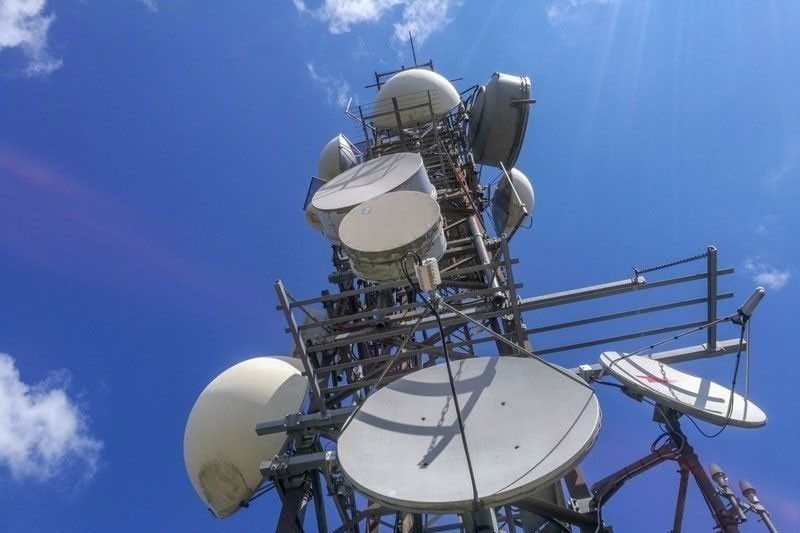Rural ISPs push lifting of telco entry barriers

MANILA, Philippines — Internet service providers (ISPs) in far-flung areas have fired back at the dominant players in the connectivity industry by rallying behind a proposed law that would ease barriers for entry.
In a statement, the Philippine Cable and Telecommunications Association (PCTA) called for the passage of Senate Bill (SB) 2699, or the Konektadong Pinoy Act, once deliberated in the plenary.
The proposed measure will open up the connectivity industry to more competition by removing the need for data transmission industry participants to secure a legislative franchise or a certificate of public convenience and necessity to do business in the Philippines.
The PCTA said the Konektadong Pinoy Act would enable small-scale operators to invest in telco infrastructure in the countryside without the present barriers that prevent their expansion efforts.
This will give Filipinos more options when connecting to the internet.
Further, the PCTA supports SB 2699 for expanding access to radio spectrum needed for wireless internet. The measure also promotes infrastructure sharing and colocation under the supervision of the government, which the PCTA backs for its objective of lowering network costs.
In a report, the Philippine Institute for Development Studies underscored the urgency of reforming telco licensing to cut internet prices as well as enhance accessibility and reliability.
Currently, investors have to ask lawmakers for a congressional franchise to manage middle-mile infrastructure in the Philippines, which the study flagged as a risk given the need for businesses to deal with political figures.
These barriers were blamed for why households in Metro Manila are seven times more likely to have internet access than those in the Bangsamoro Autonomous Region in Muslim Mindanao.
The PCTA serves as the umbrella group of cable TV operators and ISPs catering mainly to connectivity demand in rural areas. It currently has more than 300 member firms, serving 75 percent of cable TV subscriptions in the Philippines.
Meanwhile, the Philippine Chamber of Telecommunications Operators (PCTO) is opposing the passage of the Konektadong Pinoy Act, citing constitutional, competition and technical concerns.
The PCTO said SB 2699 would violate the constitutional policy of protecting natural resources with the provision abolishing the legislative requirement to obtain radio frequency.
The PCTO is made up of the largest sources of connectivity services in the country, including PLDT Inc., Globe Telecom Inc., Converge ICT Solutions Inc. and Dito Telecommunity Corp.
- Latest
- Trending























